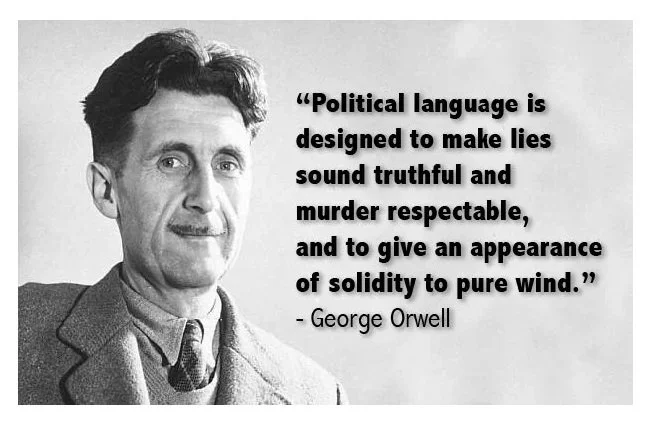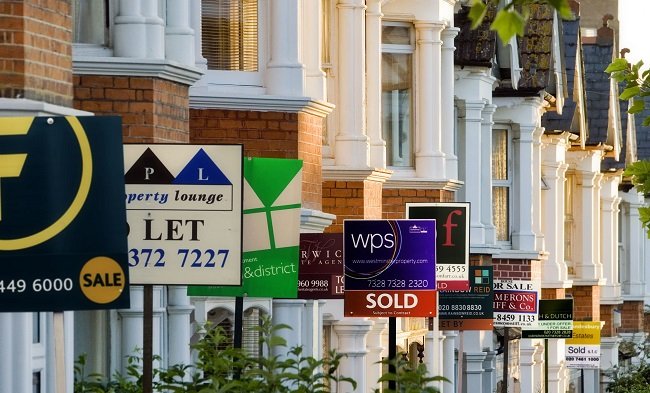COVID-19 Pandemic 2020 Part 7
Although I don’t especially enjoy doing so, I thought it prudent to update this series of blog posts about the state of the COVID-19 pandemic here in the UK. A lot has happened in the last few weeks and there has been a degree of optimism in some quarters, because of the news regarding the vaccine and hopes that the lockdown rules would be “relaxed” over the festive season. However, those who look beyond tabloid and 10 Downing Street propaganda, have had growing concerns that the chickens are coming home to roost and it would appear that is now happening. A new strain of COVID-19 has been identified and is now spreading rapidly in London and the South East. It does not appear to be deadlier than the original strain but the increased speed at which it spreads is the major concern. The National Health Service is very worried about reaching capacity of ICU beds.
The UK government’s handling of the COVID-19 pandemic has been shambolic to say the least. Today’s U-turn regarding restrictions over the Christmas period is yet another example of the Prime Minister’s personal failure to implement a coherent and credible policy that the public can get behind. At present he is being pilloried by people and institutions that don’t feel he is doing enough, as well as those who feel that he is acting in too much of an authoritarian fashion. He faces the ire of his own party over the damage being done to the UK economy and is in danger of losing the trust of his scientific advisers who are despairing of his noncommittal approach to making tough decisions. In fact the confusion that all speeches by Boris Johnson engender has become an internet meme and a standing joke nationally.
— MATT LUCAS (@RealMattLucas) May 10, 2020
The UK was slow to take up a national lockdown but when it finally did in late March, it had a clear message driving it. “Stay at home. Protect the NHS. Save lives”. The public understood the restrictions and what they could and could not do. There was a degree of financial assistance and although far from ideal, the situation meant that UK hospitals were not overwhelmed. It broadly worked, although a lack of PPE and testing meant that the death toll was far higher than it needed to be. But the public endured the restrictions on the understanding that the time gained would be put to good use. Sadly and utterly predictably, it wasn’t. Contracts for the manufacture of PPE, test and trace and other essential support services were given to companies with no prior experience. Many of which had direct links to the government and cabinet. The results were woefully inadequate.
Furthermore, since his election a year ago, the Prime Minister has centralised a lot of power at No: 10, away from the ministries. Experienced civil servants have been bypassed and important decisions have been driven by special advisors. Hence, when the first lockdown ended in July, the subsequent handling of the pandemic has been determined by those prioritising the economic consequences. As a result, the rules and overall message became more vague and subject to multiple interpretations. “Stay alert. Control the virus. Save lives”. Those that balked at the prior restrictions now had sufficient room to fudge things and do what they saw fit. It was this ambiguity, along with several high profile cases of ministers and government staff breaking their own rules, which finally put pay to any further effective strategy.
Therefore throughout late summer and autumn, the UK has existed in a curious state of “doing your own thing”. If you can work from home, afford to have groceries delivered, or access to parks or a garden, then the ongoing restrictions are manageable. If you work in a service industry, get paid weekly and simply cannot afford to stay at home then do your job and take your chances. The COVID-19 pandemic has clearly highlighted the social and economic divide in the UK and the fact that although we may all be in it together, some are more in it than others. And then there are those elements of society that just don’t like being told what they can and cannot do. Who view any inconvenience as an assault upon their personal liberties and who are utterly ill disposed toward considering the needs of others. Attitudes towards face masks is a microcosm of this.
There has always been a strong chance of a second wave of COVID-19, especially during the traditional winter flu season. Which is why the UK saw a tightening of rules throughout November. Hairdressers, pubs and restaurants had to close again to try and keep the R number down. Again the mantra became protect the NHS. The latest slogan being “Hands. Face. Space” to reinforce the need for hygiene, wearing a face mask and social distancing. Yet the notion of relaxing these rules to accommodate Christmas has always been ludicrous. It’s not as if the virus itself respects the holiday season. However, the government was hellbent on not “cancelling Christmas”, not only for the PR reasons but because it knew that a lot of the public were no longer onboard with the restrictions and were going to do whatever they saw fit. And so promises were made and even more tortuously complex rules issued.
Which brings me up to events of the past week. The discovery of a new strain of COVID-19 meant that the scientific advice changed and hence so did the restrictions. Rather than immediately come out and meet the problem head on, the government started publicly briefing against their own guidance for the Christmas period. Ministers appeared on national TV stating although we’ve said you can meet up with family over Christmas, it’s best if you don’t. This risible approach simply made a confusing situation even more so. However, today the scientific modelling has predicted such problems that the PM was compelled to reverse his earlier decision. In recent months, rather than have another national lockdown, comparable to that in March, there has been a series of localised ones in areas deemed to be hotspots. This is a tiered system, consisting of three levels. One being the lowest and three being the highest. London and parts of the South East of the UK have now been placed in a new fourth tier for the immediate future. The mixing of households is now prohibited. Christmas is now seriously curtailed.
Naturally, the pushback against this has been predictable. Travel restrictions due to commence at midnight, has led to a mass exodus of those who can afford it. Airports and stations around the UK have seen a major influx of travellers, seeking to get to their Christmas destinations early and “beat the ban”. For the bulk of the UK public, the festive season will now be a low key affair without any major family gatherings. Businesses are having to shut again due to the current regulations and many may not survive into the New Year. It’s also highly likely that the COVID-19 deniers will go about their lives and contribute to the winter surge in cases. Overall, a person’s socioeconomic status will determine how shit a Christmas they’ll have. As for the New Year, it’s not looking especially good. The rollout of the new vaccine will be overseen by a government that so far has not covered itself in glory. I suspect it will take a lot longer to achieve than promised. And then there’s the prospect of “no deal” Brexit and the woes that such a situation can bring. 2021 may well be worse than this year.
From a personal perspective, my household’s routine has become fixed since March this year. I only visit the local shops, pharmacy and Doctor’s Surgery. I am in a “support bubble” for my disabled Mother and Sister who live one road away. My caring commitments are shared with a care agency that still visits my Mum four times a day. They have been resolute in their commitment this year. Mrs P stays at home due to her health and is currently awaiting an appointment with her heart consultant. We are fortunate to be financially independent and able to maintain both households' needs. The restrictions have predominantly curtailed our social lives and limited our interactions with our grandchildren. But this is a legitimate price to pay, given the circumstances. The new strain of COVID-19 is concerning and we’ll be even more particular about following the rules. We intend to drop off presents for the grandchildren but will not enter their home. Our interactions with family and friends over the festive season will be confined to online, WhatsApp and phone.
This year has highlighted a lot of problems that have always been present in UK society. The country’s recent flirtation with Nationalism has left us with a poorly equipped government, bereft of the talent and leadership required in a national crisis. The notion of British Exceptionalism is still a major flaw in our national character. This combined with a lack of empathy and emotional literacy means that a large percentage of the UK population dislike being told “no”, having to consider others and having to follow rules. The ongoing culture war that is waged by politicians and the tabloid press means that reality is very much out of fashion and ignored. The UK also has yet to come to terms with its current position in the world or to find a new role. We remain a country riven by class distinction, a lack of social mobility and uneven distribution of wealth. None of which will be in any way addressed during the remainder of the current government’s term of office. COVID-19 was briefly thought to be a chance to reset society and right a lot of wrongs. Unfortunately the only thing that has become crystal clear is that the status quo will continue to remain.




























